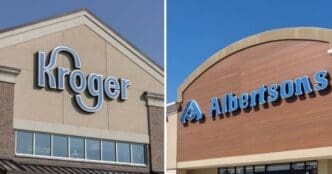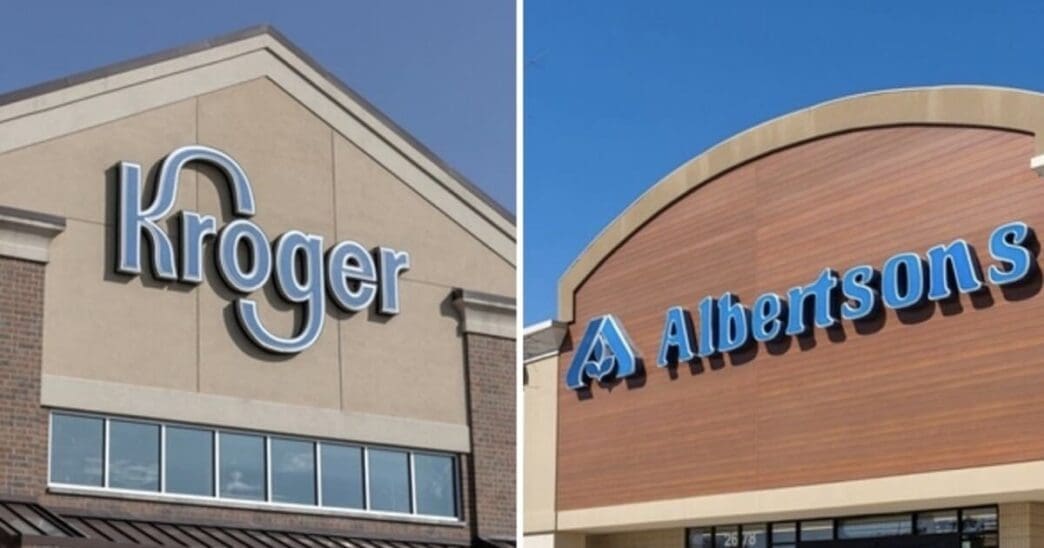In a significant legal development, U.S. District Court Judge Adrienne Nelson has temporarily halted the merger between supermarket giants Kroger and Albertsons. This decision follows a three-week hearing in Portland, Oregon, and could potentially derail what was proposed to be the largest grocery store merger in U.S. history.
The merger between Kroger and Albertsons, valued at $24.6 billion, was proposed in 2022 and has faced scrutiny from federal regulators. The Federal Trade Commission (FTC) filed a lawsuit earlier this year, urging Judge Nelson to block the deal until an in-house judge at the FTC could thoroughly assess the merger’s implications on the market.
Judge Nelson emphasized the importance of enforcing antitrust laws, acknowledging that the injunction could cause some harm to the companies involved. However, she highlighted the public interest in preventing a merger that might be premature and difficult to unravel later on. The ruling reflects concerns about maintaining market competition, particularly for consumers and workers.
Federal regulators argue that the merger could negatively impact both consumers and employees by reducing competition in the retail sector. It is feared that combining these two major supermarket chains will lead to higher prices and fewer options for shoppers, alongside reduced incentives for hiring and worker benefits.
Kroger and Albertsons, however, contend that their merger is necessary to compete effectively with other large retailers, such as Walmart, Costco, and Amazon. They claim the merger would preserve consumer choice and combat growing competition from these retail giants.
Despite these justifications, the FTC has outlined that Kroger and Albertsons closely compete in 22 states, particularly in pricing, product quality, private labels, and services like store pickup. A merger would potentially eliminate this competition, detrimentally affecting consumers already facing economic challenges.
Moreover, the FTC has raised concerns about the impact on employment. Without competition between Kroger and Albertsons, the drive to hire and retain workers could diminish, potentially leading to layoffs and worse conditions for employees. In contrast, Albertsons warned that failure to proceed with the merger might result in job losses, store closures, and exiting some markets.
Part of the merger agreement involved selling 579 stores to C&S Wholesale Grocers, a New-Hampshire-based company, to mitigate overlaps where Kroger and Albertsons have significant market presence. The FTC questioned C&S’s capacity to manage these stores, suggesting they may opt to sell or close them. However, Kroger and Albertsons asserted that C&S has the necessary experience to handle the divested assets effectively.
The broader implications of this legal battle extend beyond the courtroom. Kroger operates 2,800 stores across 35 states, while Albertsons has 2,273 stores in 34 states, together employing approximately 710,000 people. This merger halt raises questions about the future dynamics of grocery retailing in the United States and the role of federal regulation in maintaining competitive markets.
The temporary injunction against Kroger and Albertsons’ merger showcases the judiciary’s role in scrutinizing the impacts of corporate consolidations on market competition. As the case potentially moves to further hearings, the balance between fostering business growth and protecting consumers remains under close examination.
Source: Abcactionnews








